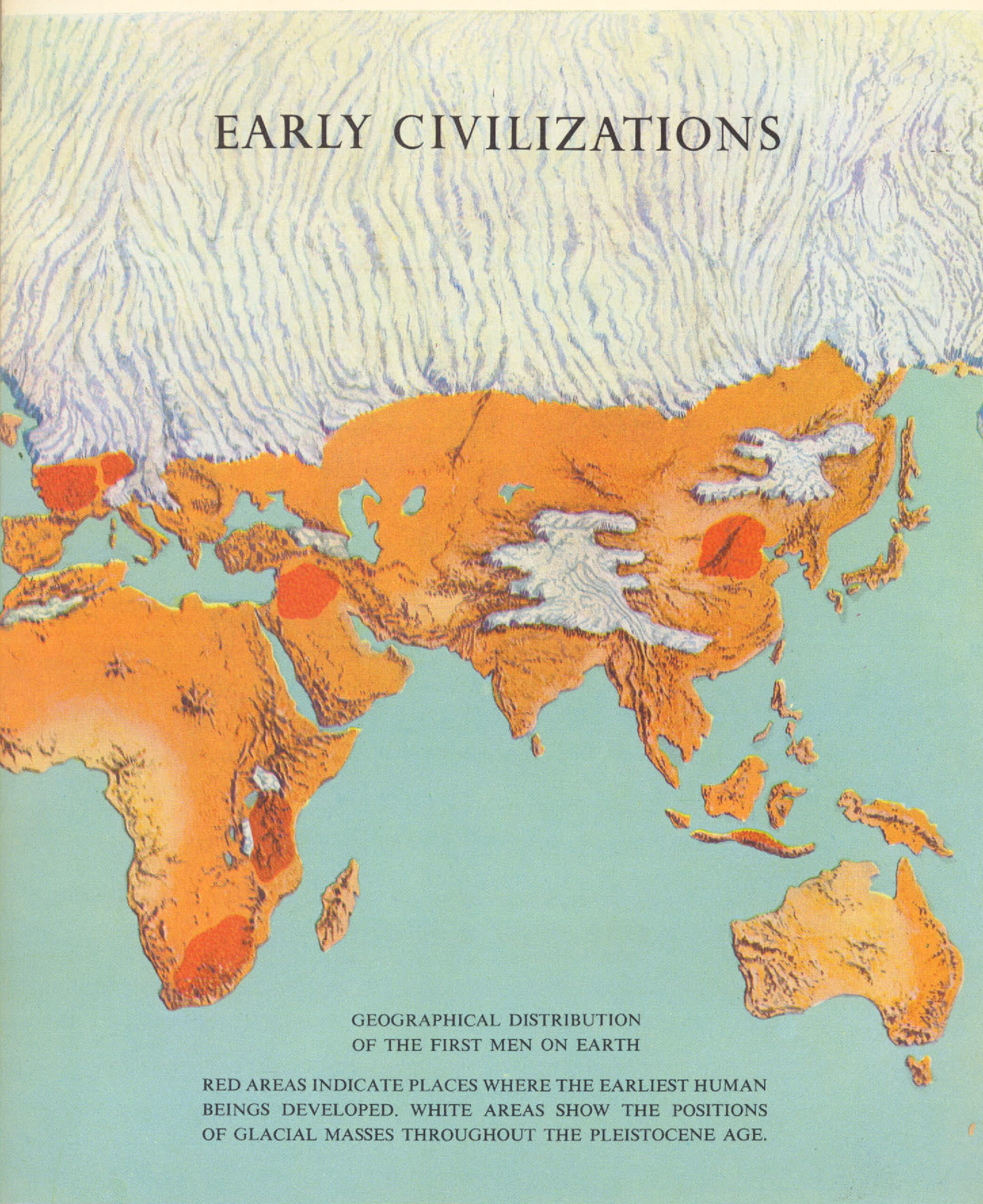IN 1135, Hangchow became the capital of the Southern Sung. Thereafter, the Sung kept an uneasy peace with their unwelcome northern neighbours, the Chin. Then, out of Mongolia came the mighty Genghis Khan, whose warriors and their descendants were to spread terror across Asia into Christian Europe and the lands of Islam. Before he died in 1227, Genghis had crushed the Hsi Hsia and all but crushed the Chin. His son, Ogodai, made a treaty with the Sung emperor, and the Sung and Mongol armies together put an end to the Chin. This alliance with a barbarian power turned out …
Read More »Tag Archives: Asia
The Abbasids: Glory and Decay 750 -1258 A. D.
UNDER THE Omayyads, who ruled from 661 to 750, Islam had grown into a mighty empire. Arabic had become its language, while the Arabs, in turn, had picked up useful skills from the peoples they had conquered. The state had grown rich from the tribute paid by non-Moslems and the land tax paid by landowners. Though the caliphs were mainly concerned with pleasure and power, they had not neglected religion completely. They had built the Dome of the Rock in Jerusalem and the Omayyad Mosque in Damascus — two magnificent sanctuaries which were the holiest places in Islam after the …
Read More »Byzantium and Russia 400 B. C. – 1240 A. D.
THE BEGINNINGS of Russian history date back to the centuries when Byzantium was at the height of its glory. A thousand years before that Herodotus, the Greek explorer, found Greek settlements on the northern shore of the Black Sea. They traded with the Scythians, a tribe of nomads living on the open plains that stretched eastward for thousands of miles to the mountains of Asia. Bordering these plains on the north were the forest lands and above them, in the far north, stretched the frozen wastes of the arctic tundra. In all that vast land there were no barriers, no …
Read More »The New Capital: Constantinople A. D. 306-532
EMPEROR Constantine’s decision to build a new capital for the Roman Empire in the East did not come as a surprise to the people of the empire. Rome had lost much of its influence as the seat of government and emperors avoided the city. They preferred to build castles for themselves in distant provincial cities. Emperor Maximian, for example, had ruled from Milan. Emperor Diocletian had moved to Nicomedia, far to the east in Asia Minor and ruled from there. Constantine had many good reasons for turning eastward in searching for a site for his new capital. Most of the …
Read More »Greece and the World 323 B. C. – 250 B. C.
In the last years of the fourth century B. C., Greek citizens going about their business in the stoas or the shops sometimes stopped and wondered what was wrong. Everything seems strange. They themselves had not changed and their cities looked the same as before, but the world around them was so different that they could hardly recognize themselves. The little poleis on the mainland looked out at an enormous empire, which stretched across Asia and Egypt. They shipped their olive oil and pottery across the Mediterranean. Their corn came from fields beside the Black Sea and the Nile. Merchants …
Read More »The Coming of Man
About 400,000 years ago, a group of people were gathered at the mouth of a cave. They had a fire in which they were roasting deer meat and around them lay the bones of monkeys, wild pigs and water buffalo from previous meals. One of the women was picking berries from the nearby bushes. A man sitting close to the fire chipped away at a broken stone he would use to cut off chunks of the cooked meat. Another man, too hungry to wait, gnawed the marrow from some bones. The cave was one of several not far from what …
Read More »




